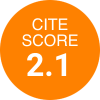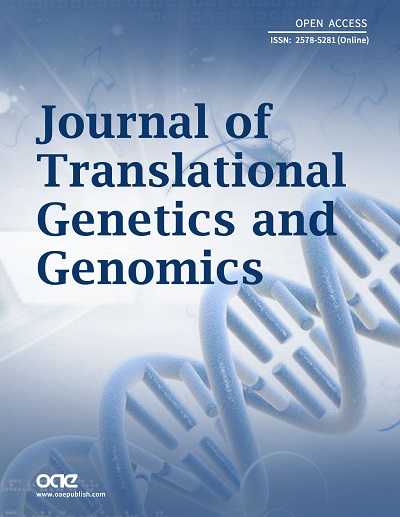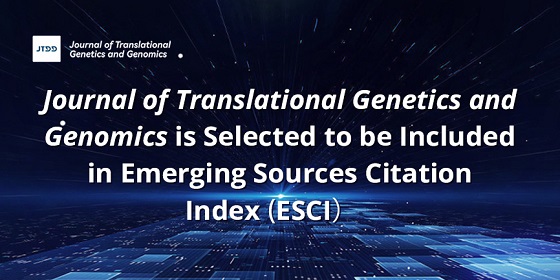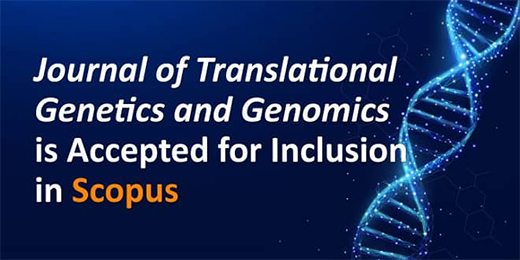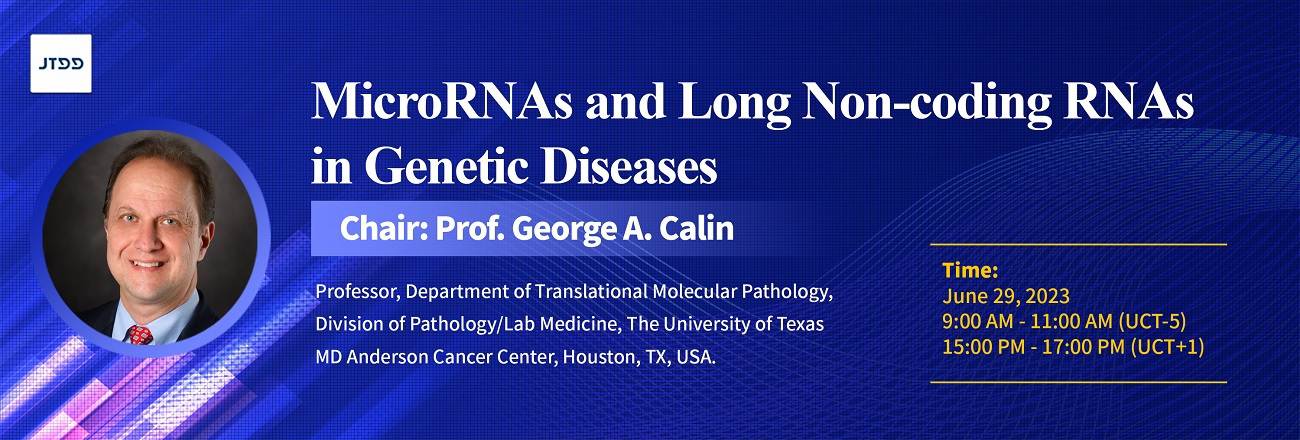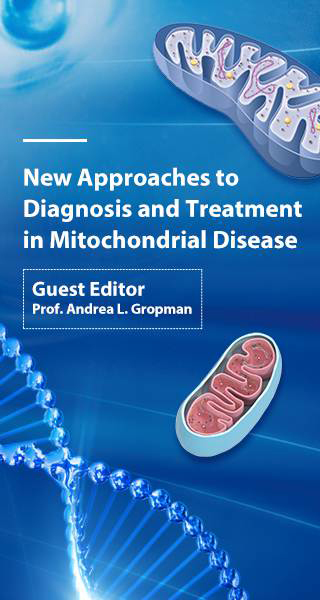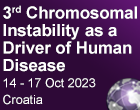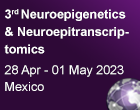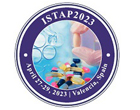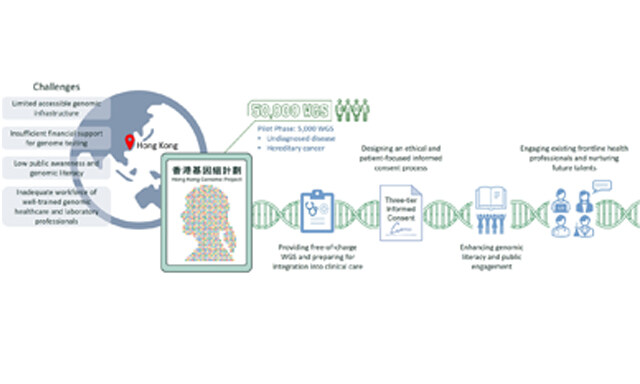Journal of Translational Genetics and Genomics
Views: Downloads:
Views: Downloads:
Views: Downloads:
Views: Downloads:
Views: Downloads:
Views: Downloads:
Views: Downloads:
Views: Downloads:
Data
894
Authors
399
Reviewers
2017
Published Since
484,385
Article Views
131,854
Article Downloads
For Reviewers
For Readers
Add your e-mail address to receive forthcoming Issues of this journal:
Themed Collections
Volume 8, Issue 1 (in progress)
Volume 7, Issue 4
Volume 7, Issue 3
Volume 7, Issue 2
Volume 7, Issue 1
Volume 6, Issue 4
Volume 6, Issue 3
Volume 6, Issue 2
Volume 6, Issue 1
Volume 5, Issue 4
Volume 5, Issue 3
Volume 5, Issue 2
Volume 5, Issue 1
Volume 4, Issue 4
Volume 4, Issue 3
Volume 4, Issue 2
Volume 4, Issue 1
Volume 3
Volume 2
Volume 1
Data
894
Authors
399
Reviewers
2017
Published Since
484,385
Article Views
131,854
Article Downloads

